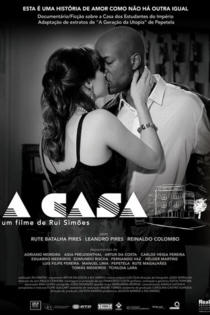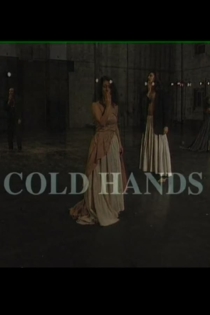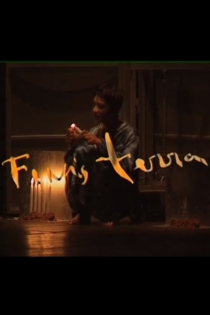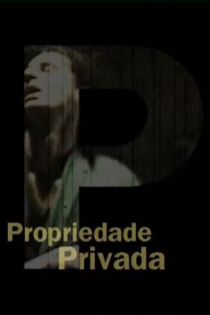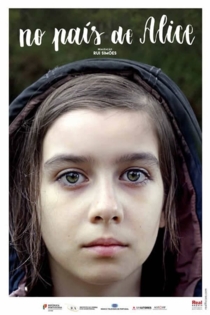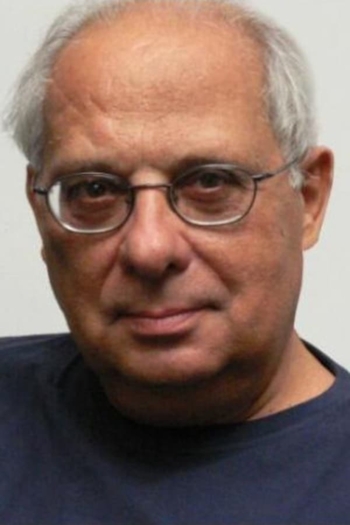
Rui Simões
1944 (81 год)Trilhos
Rui Simões
Founded in 1974, O Bando has known how to grow artistically. From an initial project, almost exclusively dedicated to a younger public, it developed the idea of a community theatre where different generation can meet. O Bando tries to find the anthropologic roots of our imaginary and tries to create poetic visual, at a risk accepted by the experimental contemporary art.
Trilhos

Very Sentimental Show
Rui Simões
Live concert of the Irmãos Catita and friends at the Ritz Club, in 1996, Very Sentimental Show. Includes bonus concerts: Cinearte 1993, and Queima das fitas Coimbra 1994. The roots of the Catitas' spirit are buried deep down the origin of time. Spread like Polibas around the World, starting from its own center of balance, elsewhere in the elevator of Grand Hotel Curia, raised by the "madrastas", a kind of so-called religious female-educator, spread amoung the Christian World, and whose main educational tool is the stick, the Catita brothers became early "stars" within the various orphanage they frequented, from French Polynésie to San Marino's Republic, through Casa Pia and the various holiday camps of the former New State, today refered to as Old State.
Irmãos Catita: Very Sentimental Show
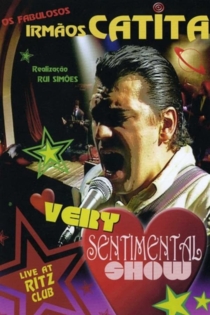
Ruas da Amargura
Rui Simões
The paths of pain are populated by men and women of all ages, suffering from lack of affection, lack of money, mental problems, alcoholism and drug addiction, or they are simply people who have come to Portugal in search of a life that is a little better. On the other side of this path there is a veritable anthill of volunteers, social welfare workers and different technical assistants who construct and maintain support structures, some of them thinking of better days, and others institutionalising this help without believing that the phenomenon can be cured.
Ruas da Amargura
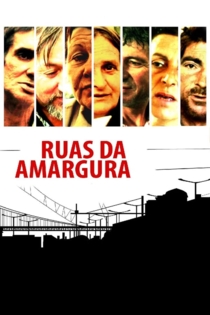
Bom Povo Português
Rui Simões
José Mário Branco, Durand Clemente
Using film and television footage taken during the revolutionary movement of April 25, 1974 in Portugal, and mixing it with music and live interviews with common people, the director conveys a vivid account of the period in which a military coup evolved to a socialist revolution, then was tempered into a formal European style democracy.
Good Portuguese People
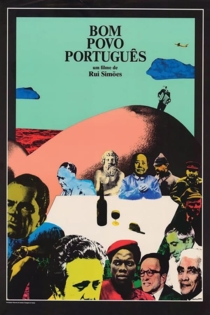
Alto Bairro
Rui Simões
Lia Gama, Henrique Gil
In Lisbon 1950, John, 13, decides to invade the neighborhood of prostitutes, nobility and sailors, starting a new stage in his life. Today this neighborhood is reflected in a scattered public debate centered on its night life.
Alto Bairro
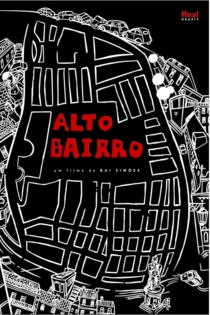
Kolá San Jon é Festa di Kau Berdi
Rui Simões
Maria do Livramento Duarte aka Bibia, Amélia Borges
This documentary follows a group of habitants from Cova da Moura neighborhood into a journey to Cape Verde, to celebrate St. John festivities. Recovering the rituals and rhythms of these festivities, the cape verdean people living in that neighborhood near Lisbon, try to recover their roots and transmit it to their children.
Kolá San Jon é Festa di Kau Berdi
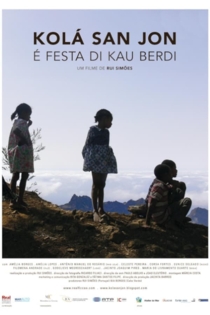
Os meus Espelhos
Rui Simões
Sara Carinhas, João Ricardo
Júlia is a 16 year old teenager. A sudden emergency hospital commitment helps her realize, although reluctent, that she suffers from a serious desease: nervous anorexy. Her recovery is slow, but she can count on the support from both her friend, parents and the psychologist.
My Mirrors

Se Podes Olhar Vê. Se Podes Ver Repara
Rui Simões
Adelaide João, Ana Brandão
How would you react if you couldn't see? In rehearsing the theatrical adaptation of "Blindness", by Nobel Prize winner José Saramago, the company "O Bando" made the experience. The actors lived 24 hours blindfolded in an abandoned hospital. How would you react if you could see again?
Se Podes Olhar Vê. Se Podes Ver Repara
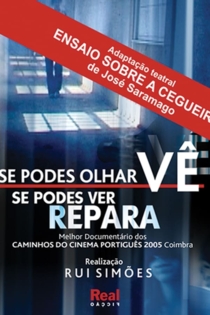
Deus Pátria Autoridade
Rui Simões
Álvaro Cunhal, António de Spínola
The history of Portugal since the Republican revolution of 1910 to the revolutionary period following the military coup of April 24, 1974, recounted with a marxist perspective, using historic sound and film documents. The title refers to a trilogy of values proclaimed by Salazar, prime minister of Portugal in 1936.
Deus Pátria Autoridade
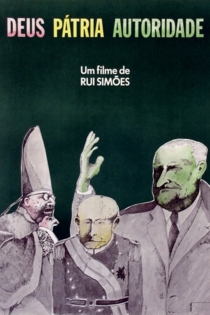
Ilha da Cova da Moura
Rui Simões
In greater Lisbon area, the name Cova da Moura has never been synonymous with well-being, education or prosperity. on the contrary, it has always been associated with the idea of violence, insecurity, danger or, at best, with lack of education and sheer poverty. Cova da Moura Island follows this neighbourhood's daily life, finding the cape verdean reflections in it and searching for the ways in which social exclusion is fought or perpetuated in the lives of its residents.
Cova da Moura Island

A Casa
Rui Simões
Built in the New State to control the overseas students, the House of the Students of the Empire, situated in Lisbon with delegations in Coimbra and Porto, was fundamental in the fight for independence of the Portuguese colonies. Future leaders of the Liberation Movement, like Agostinho Neto and Amílcar Cabral, passed through this meeting point. The documentary The House restores the memories of the testimonies of the survivors of the House, fictionalizing in parallel excerpts of Pepetela´s “The Generations of Utopia”.
The House
